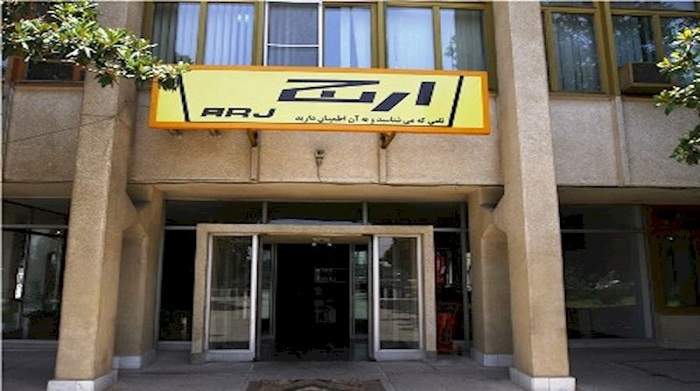Rouhani’s Media Bankruptcy Mirrored in Stories of Bankruptcies under Ahmadinejad

Dismissed, confirmed, dismissed later, and confirmed again are reports that reputed Iranian manufacturers are closing down for bankruptcy among other reasons. The decline of national production is no news. As early as 2012, the Supreme Leader Ayatollah Ali Khamenei had named the Persian calendar year “National production”, urging the authorities and people to support national labor and capital. This was meant to follow the year proclaimed “Economic Jihad”, the first of series of mottos to reform the economy. However, that did not stop the Ahmadinejad administration’s pretended negligence to pay the subsidies of the production sector prescribed in the targeted subsidy plan law. Neither did the moderate administration of Rouhani pay its due to the production, despite affirmative reports.
The fall of oil, “oppressive” sanctions, corruption and inherent decades-old problems of the country’s economy have gone for the throat and are now apparently suffocating the industrialists. Or at least that is what the principlist media pretend.
Every day reports come out that another company with multi-digit number of staffers is closing down. Home appliances have been particularly under the spotlight in what seems to be their swan song. Arj and Pars Electrics are the two domestic brands, whose die-hard products still carry an air of nostalgia for the country’s war generation, rumored to be bankrupt and shut down. Industry giants like Iran National Steel Industrial Group and “all privately owned mines” have not gotten away with the rumors. In the few cases where bankruptcy occurred, it occurred several years ago, right in the midst of Ahmadinejad’s second term in office.
As with most issues, such rumors have become a trial for the administration, in which it will be judged against its predecessor and potential future competitor. The so-called ‘domino’ of companies that go down into the abyss seems to be a psychological war the administration has already lost, thanks to the lack of transparency in official figures and stats. And of paramount importance for the so-called grey votes is the question of who to blame, the answer to which will serve as a guideline for the next year’s “who to vote for” in the presidential race.
Breakthroughs and openings expected from the nuclear deal are sluggishly bearing fruit and many are at the end of their ropes. That is exactly where the principlists invest and allegedly sabotage. Rouhani and his adherents in the reform camp are also partly to blame for raising expectations from the nuclear deal with the West. However, the administration is working with other governmental institutions to help accelerate much-needed reforms to exit economic stagnation and remedy unemployment.
It is easy to see how Rouhani is about to lose the media war. Since the early days of JCPOA implementation, Rouhani has declined to appear on state TV to talk directly with people, even though IRIB has seen a new boss in recent months. Furthermore, in the past six months, Rouhani has not attended even single a press conference to elaborate on his plans and offer clarifications about rumors of this nature. Instead he has chosen Twitter, a less popular online media, to counter allegations of laxity.
Where is this alienated relationship between the administration and the people supposed to lead to? Does Rouhani’s hesitation to respond to media attacks and accusations including astronomical pay slips, the extinction of domestic private-sector manufacturers, economic corruptions of cabinet members, and foreign infiltration indicate his administration’s early withdrawal to compete for reelection? Or do they have a magic wand?

